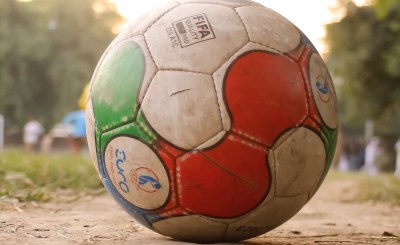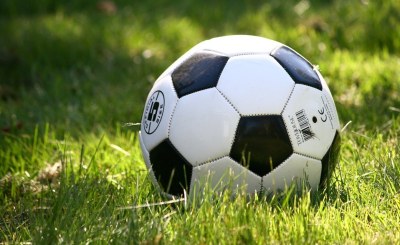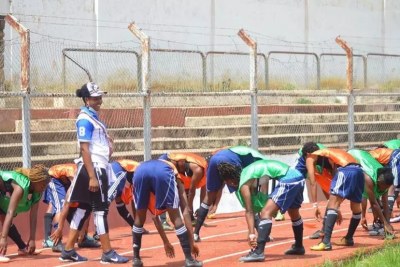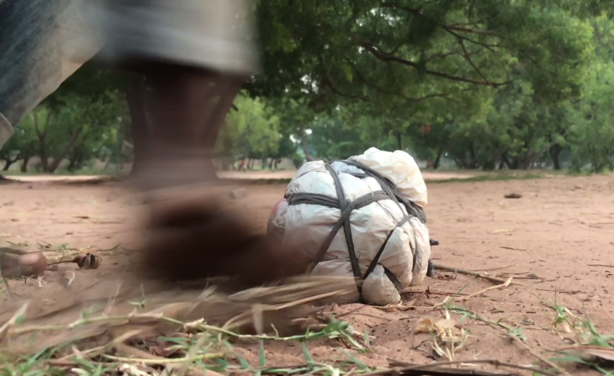-
Congo-Kinshasa: How DRC's Elite Use Sport to Build Their Reputations and Hold On to Power
The Conversation Africa, 24 January 2023
Football in the Democratic Republic of Congo (DRC) - as in much of the world - is intertwined with politics. Read more »
-
Africa: The Ugly Side of the Beautiful Game
New Frame, 28 January 2022
Football cannot cure all ills. Fans and spectators need to take back control of the narrative around matches and expose those who would manipulate crowds for political and personal… Read more »
-
Congo-Kinshasa: Death Turned Political Football in the DRC
ISS, 15 February 2017
The sudden death on 2 February of Etienne Tshisekedi – the long-time opposition leader in the Democratic Republic of the Congo (DRC) – is more than a personal tragedy… Read more »
-
Tanzania: Football and Politics Are Inseparable. The Result? Poor Clubs
African Arguments, 17 March 2020
Tanzanian teams struggle to compete with their continental rivals. Will the government finally loosen its grip and allow clubs to privatise? Read more »
How DR Congo Elite Use Football and Politics to Hold On To Power
Football in the Democratic Republic of Congo (DRC) - as in much of the world - is intertwined with politics. In the central African country, football clubs have long been a way for the regime in power to build political capital. Many politicians involve themselves with clubs to bolster their image. On the other hand, football is also a space for political opposition, writes Kristof Titeca and Albert Malukisa Nkuku for The Conversation.
Football was particularly important for Joseph Kabila's regime, from 2001 to 2019. Throughout his tenure as president, Kabila and his party members looked for ways to boost their reputation to gain votes. One way was by financially supporting football clubs. This worked because these clubs don't have structural or sufficient commercial or state support.
Human Rights Watch has documented how youth league football club members were used to infiltrate protests against the Kabila regime "and incite protesters to loot and commit violence". One such organiser was Gabriel Amisi - also known as Tango Four - was a close ally of Kabila. He currently serves as an army general and inspector general of the Congolese army. Amisi has been accused of a wide range of human rights abuses during his time as a rebel commander and an army commander. One press article describes him as "the butcher of Eastern Congo".
During the authoritarian Kabila regime, the protest role of football was confined. It's similar under the current Felix Tshisekedi regime, which uses football as a political tool. Kinshasa's main clubs (Daring Club Motema Pembe and AS Vita), for example, have club presidents who are close allies of Tshisekedi.
InFocus
-
One of Africa's biggest football clubs Tout Puissant Mazembe, has appointed Maguy Safi as its first woman coach to lead the woman's soccer team. This is a huge step forward, where ... Read more »





